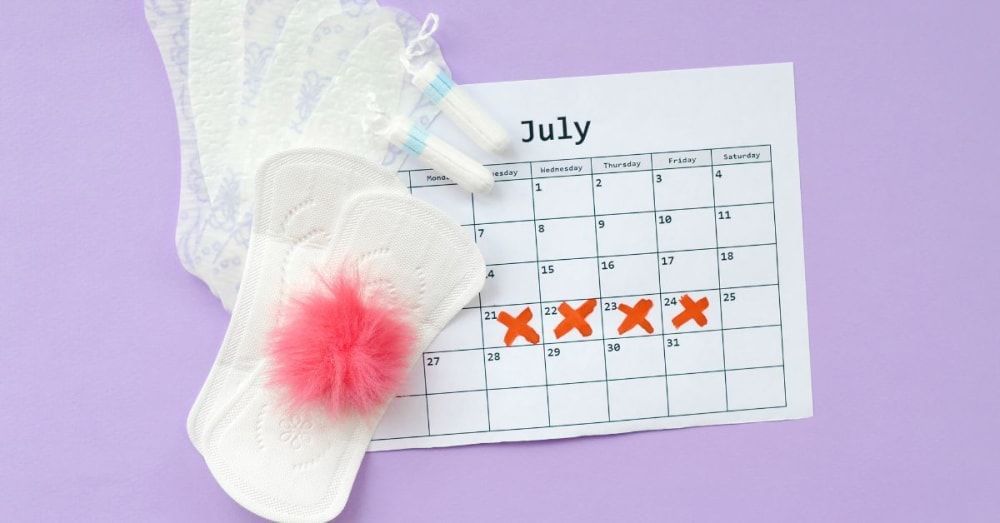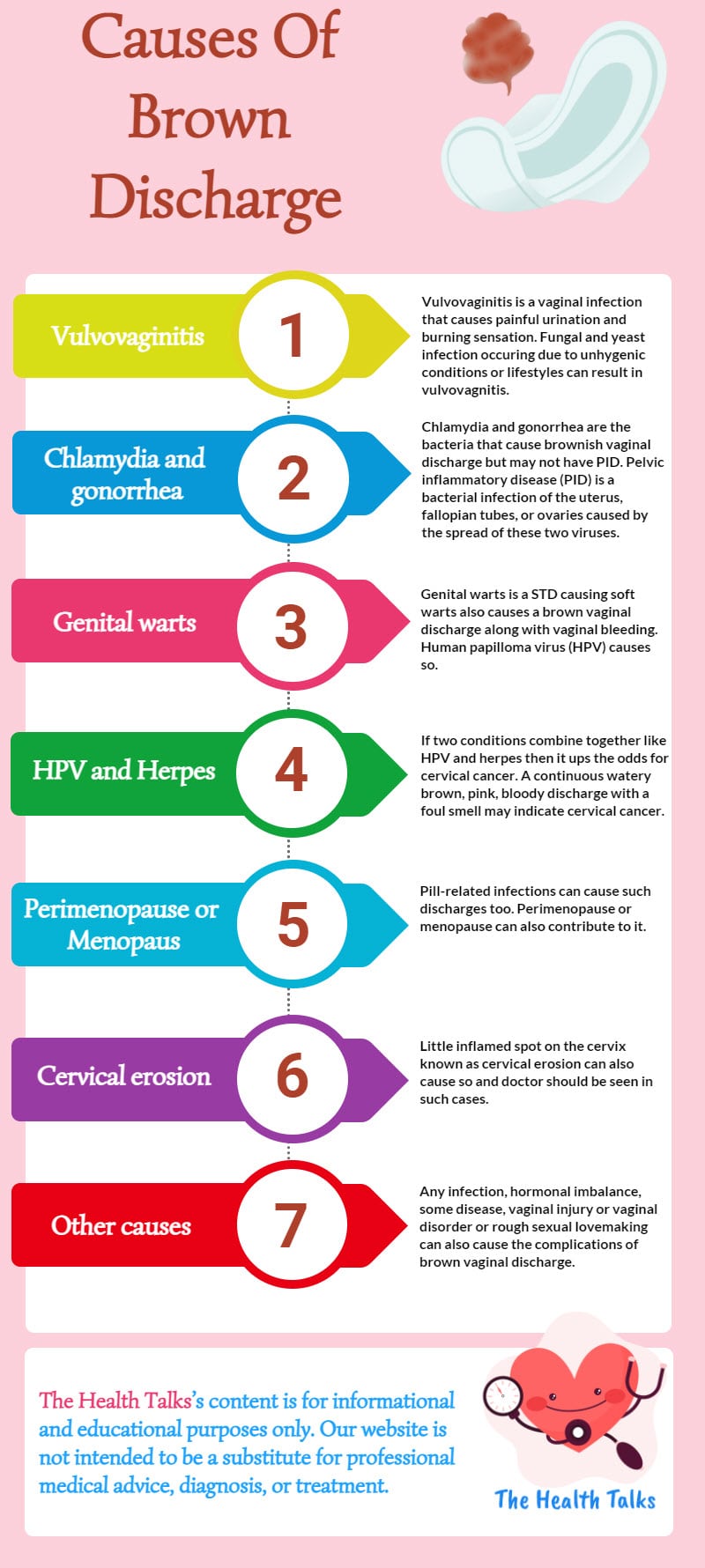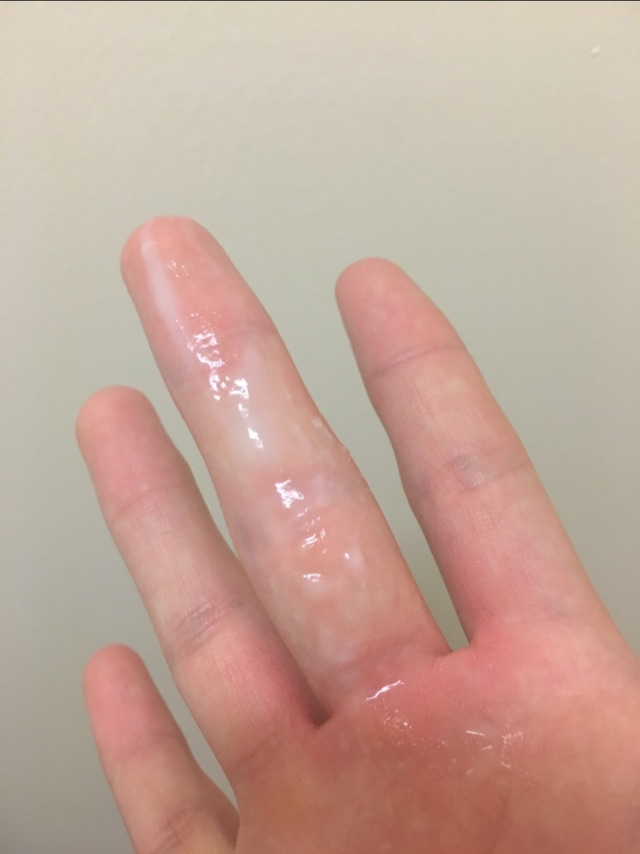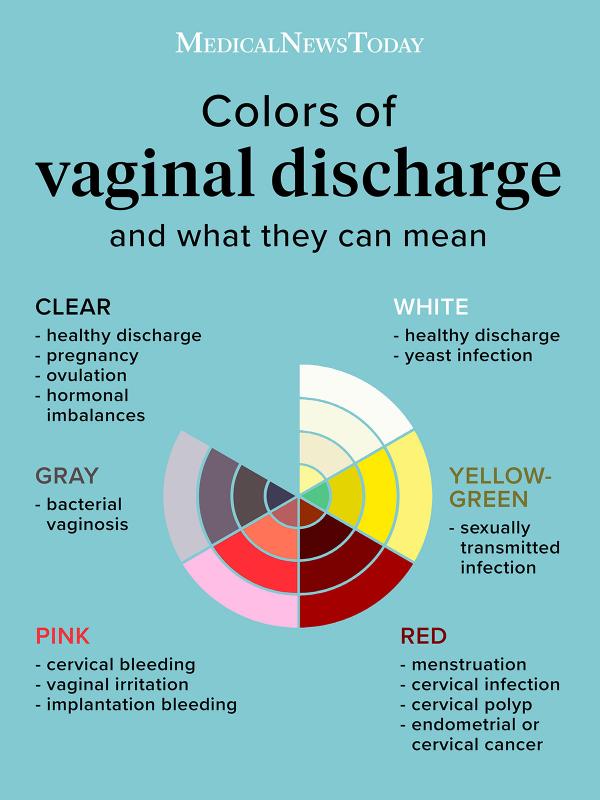Brownish Watery Discharge After Period
Brownish Watery Discharge After Period - Brown discharge after your period is usually old blood that has taken longer to leave your body. Often, brown discharge is vaginal fluid mixed with old blood that turned brown due to oxidation. In other cases, it may indicate an underlying condition. Reasons for a brown discharge after your period could include lingering menstrual blood, ovulation, vaginal penetration, or even. Brown discharge directly before or after a period can be normal. This is common and not typically a. It can show up before or after your.
Often, brown discharge is vaginal fluid mixed with old blood that turned brown due to oxidation. It can show up before or after your. Brown discharge directly before or after a period can be normal. Brown discharge after your period is usually old blood that has taken longer to leave your body. Reasons for a brown discharge after your period could include lingering menstrual blood, ovulation, vaginal penetration, or even. This is common and not typically a. In other cases, it may indicate an underlying condition.
This is common and not typically a. Reasons for a brown discharge after your period could include lingering menstrual blood, ovulation, vaginal penetration, or even. Brown discharge after your period is usually old blood that has taken longer to leave your body. In other cases, it may indicate an underlying condition. Brown discharge directly before or after a period can be normal. Often, brown discharge is vaginal fluid mixed with old blood that turned brown due to oxidation. It can show up before or after your.
My Period Blood is Light Pink and Watery Be Bodywise
This is common and not typically a. Often, brown discharge is vaginal fluid mixed with old blood that turned brown due to oxidation. Brown discharge after your period is usually old blood that has taken longer to leave your body. Brown discharge directly before or after a period can be normal. In other cases, it may indicate an underlying condition.
Brown Smelly Discharge Finding brown discharge in your underwear or
Brown discharge directly before or after a period can be normal. Brown discharge after your period is usually old blood that has taken longer to leave your body. In other cases, it may indicate an underlying condition. This is common and not typically a. It can show up before or after your.
Watery Discharge After Period Causes, Symptoms, and Remedies
In other cases, it may indicate an underlying condition. It can show up before or after your. Brown discharge after your period is usually old blood that has taken longer to leave your body. This is common and not typically a. Reasons for a brown discharge after your period could include lingering menstrual blood, ovulation, vaginal penetration, or even.
Brown Discharge During Pregnancy 10 Top Causes, Symptoms and Treatment
Brown discharge after your period is usually old blood that has taken longer to leave your body. Reasons for a brown discharge after your period could include lingering menstrual blood, ovulation, vaginal penetration, or even. This is common and not typically a. In other cases, it may indicate an underlying condition. It can show up before or after your.
After my last 2 periods I started having this brownish discharge with
Brown discharge directly before or after a period can be normal. Often, brown discharge is vaginal fluid mixed with old blood that turned brown due to oxidation. It can show up before or after your. Reasons for a brown discharge after your period could include lingering menstrual blood, ovulation, vaginal penetration, or even. Brown discharge after your period is usually.
Colour coded guide to vaginal discharge.
Brown discharge directly before or after a period can be normal. Brown discharge after your period is usually old blood that has taken longer to leave your body. It can show up before or after your. In other cases, it may indicate an underlying condition. Reasons for a brown discharge after your period could include lingering menstrual blood, ovulation, vaginal.
For the past 2 weeks I've been having this watery discharge. Period was
This is common and not typically a. Often, brown discharge is vaginal fluid mixed with old blood that turned brown due to oxidation. In other cases, it may indicate an underlying condition. Brown discharge after your period is usually old blood that has taken longer to leave your body. It can show up before or after your.
Discharge After Ovulation If Pregnant Signs Of Ovulation To Know If
Brown discharge after your period is usually old blood that has taken longer to leave your body. This is common and not typically a. It can show up before or after your. Often, brown discharge is vaginal fluid mixed with old blood that turned brown due to oxidation. Reasons for a brown discharge after your period could include lingering menstrual.
Vaginal discharge color guide Causes and when to see a doctor
Brown discharge directly before or after a period can be normal. It can show up before or after your. In other cases, it may indicate an underlying condition. Often, brown discharge is vaginal fluid mixed with old blood that turned brown due to oxidation. Brown discharge after your period is usually old blood that has taken longer to leave your.
Vaginal Discharge Color Chart
Brown discharge directly before or after a period can be normal. Brown discharge after your period is usually old blood that has taken longer to leave your body. This is common and not typically a. Often, brown discharge is vaginal fluid mixed with old blood that turned brown due to oxidation. Reasons for a brown discharge after your period could.
Brown Discharge After Your Period Is Usually Old Blood That Has Taken Longer To Leave Your Body.
Reasons for a brown discharge after your period could include lingering menstrual blood, ovulation, vaginal penetration, or even. It can show up before or after your. Brown discharge directly before or after a period can be normal. Often, brown discharge is vaginal fluid mixed with old blood that turned brown due to oxidation.
In Other Cases, It May Indicate An Underlying Condition.
This is common and not typically a.







